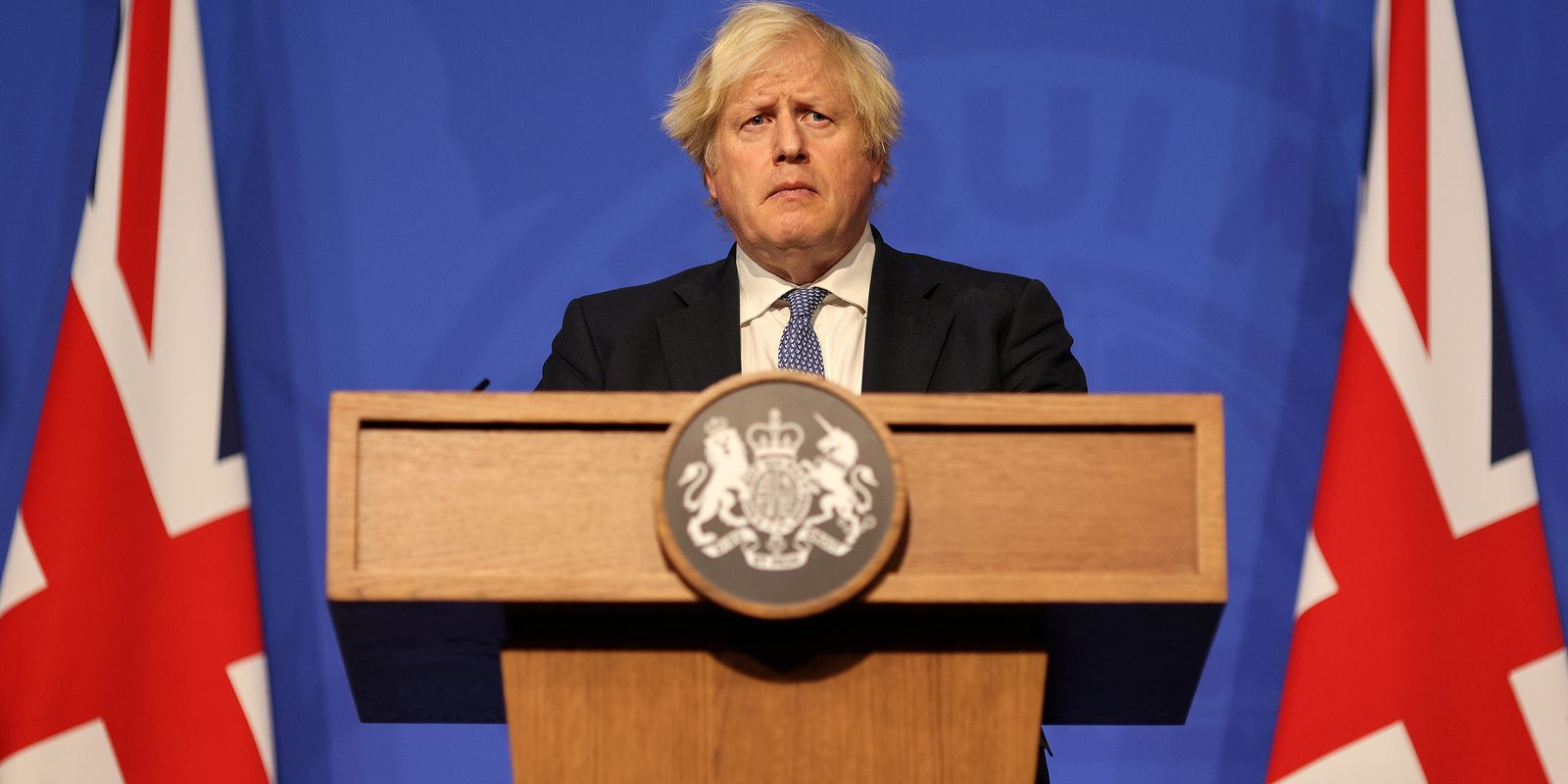US-based Uighur activist Rushan Abbas rose to prominence in 2019 when her sister went missing in Xinjiang province. From then on, he redoubled his efforts and his new Campaign for Uyghurs gathered the efforts of thousands of people to call out the plight of Uyghurs in China, while trying to find out where his sister was.
His story, as well as that of the repression of his ethnic minority, has been portrayed in looking for my sister, a documentary directed by Jawad Mir, a Pakistani filmmaker based in Canada. This Monday, at 3:30 p.m., both will be in Lisbon, at the Faculty of Human Sciences of the Catholic University, for the screening of the film and available to answer questions from the public, like the leader of the World Congress Uygur Abdulhakim Idris .
Abbas’s role was crucial in making Americans aware of the existence of Beijing’s policy towards its people, which some describe as genocidal, and which involves the creation of concentration camps (the regime calls these camps re-education), in which Uyghurs suffer all kinds of abuse.
Rushan Abbas has been heard more than once in the US Congress, which passed the Forced Labor Prevention Act, which prohibits the import of products from this Chinese region.
The United Nations High Commissioner for Human Rights, Michelle Bachelet, resigned from her post earlier this month with the release of a report condemning China for “serious human rights violations in the context of implementation of government strategies to counter terrorism and extremism” on Uyghurs and other Muslim minorities and said she was under “tremendous pressure” not to publish the report.

“Freelance communicator. Hardcore web practitioner. Entrepreneur. Total student. Beer ninja.”







